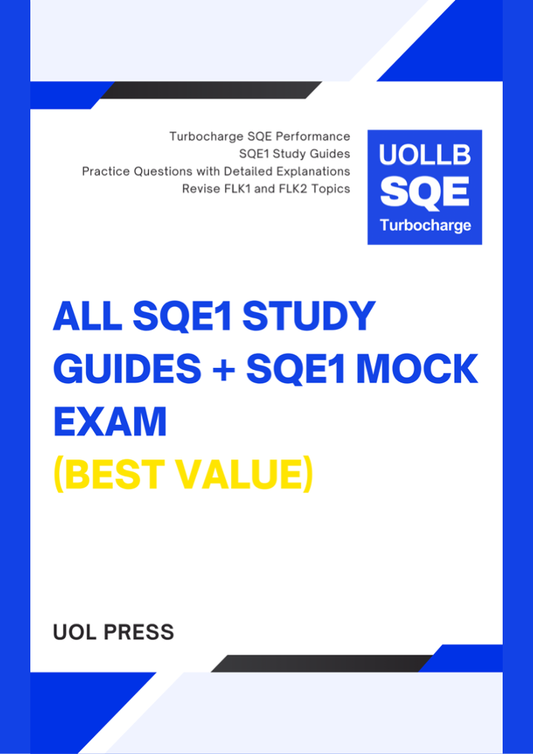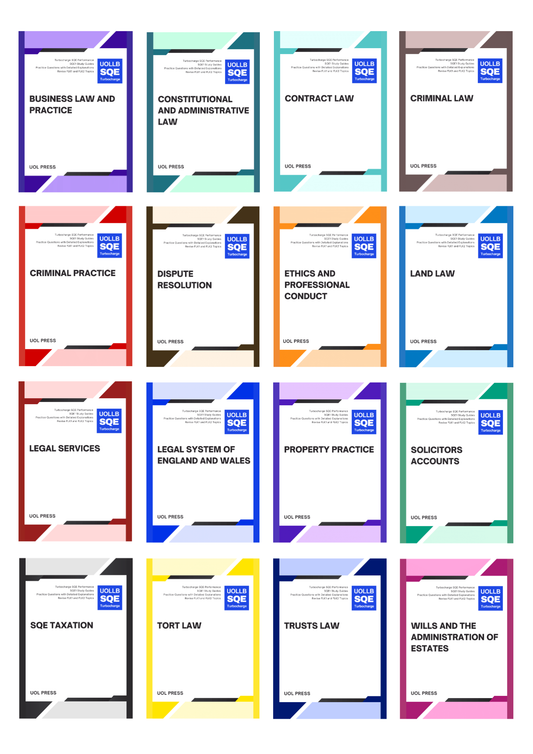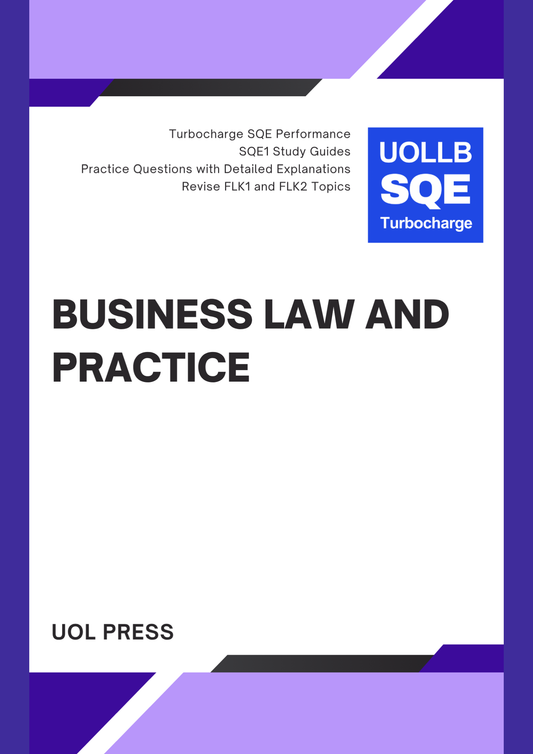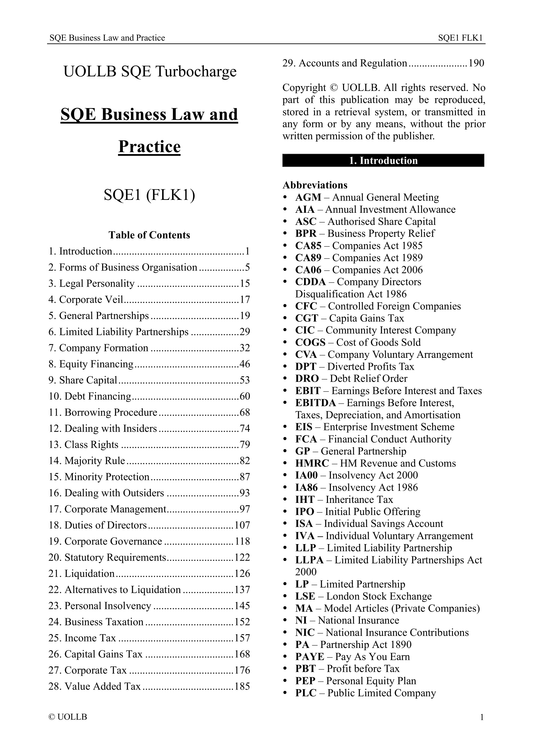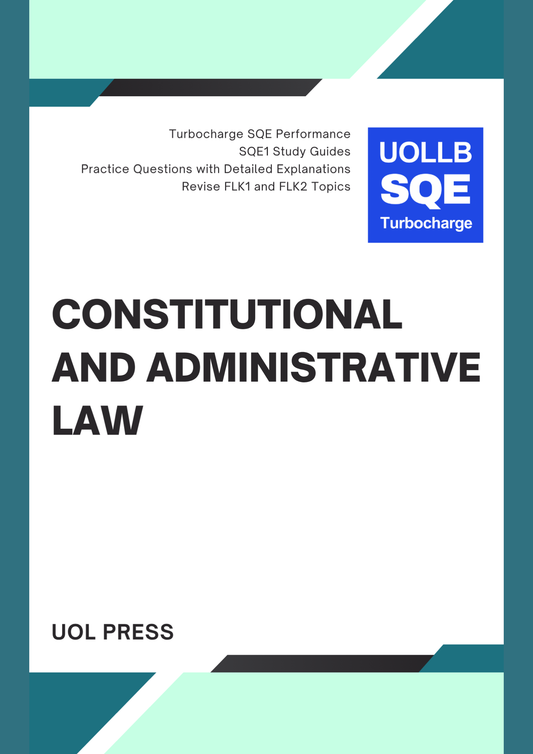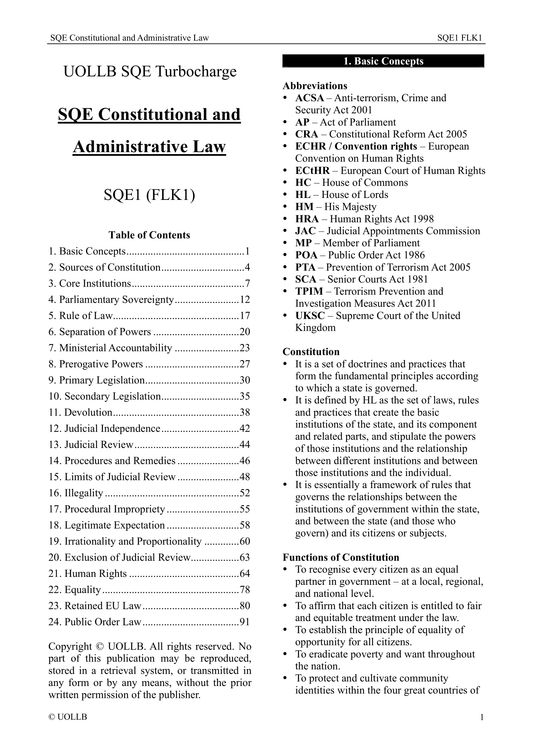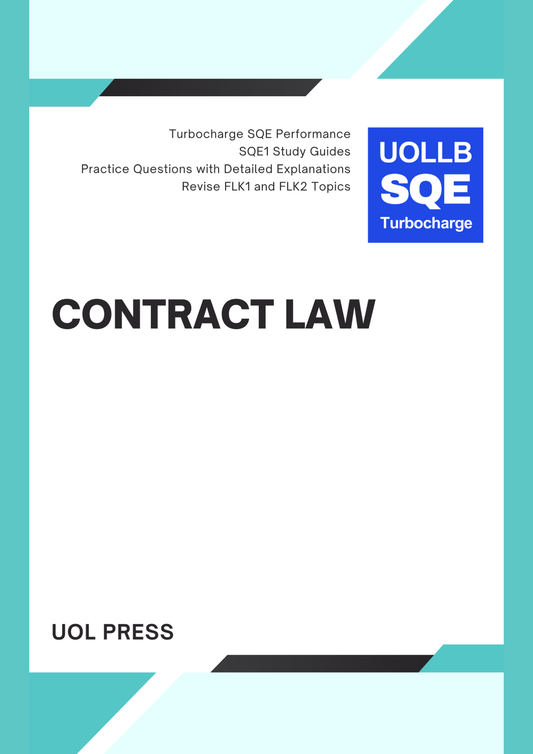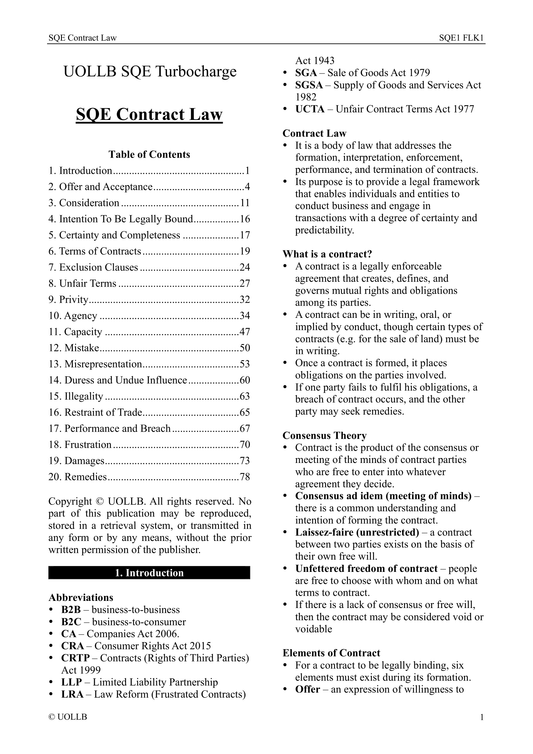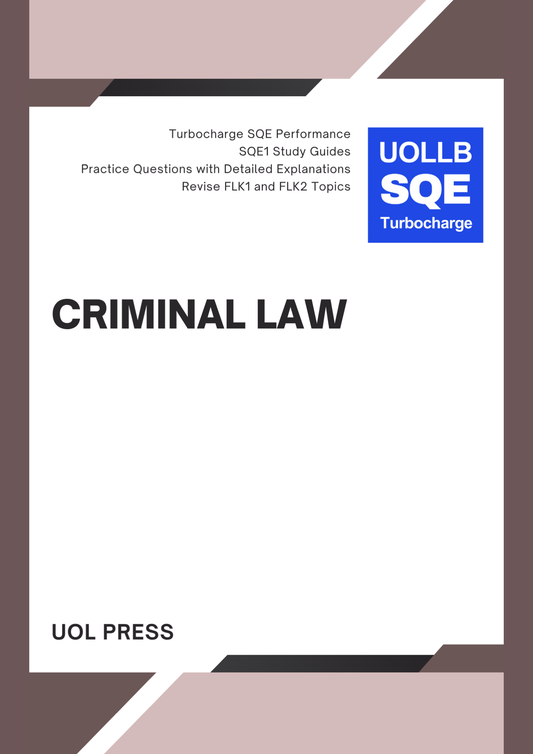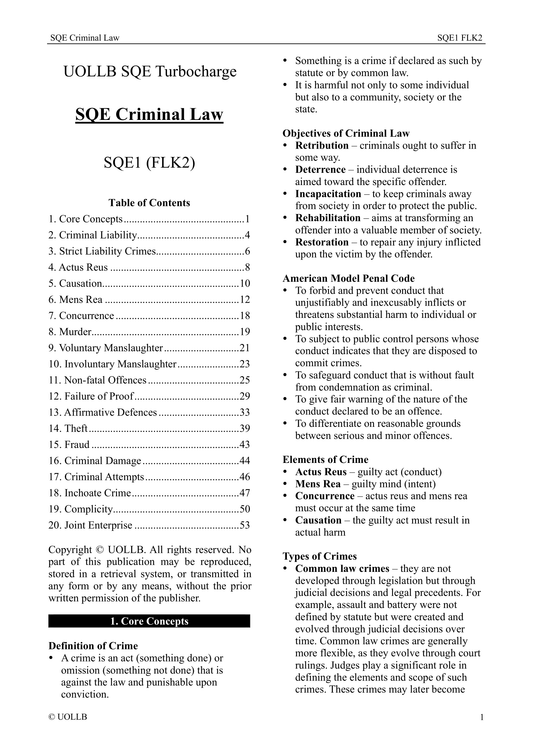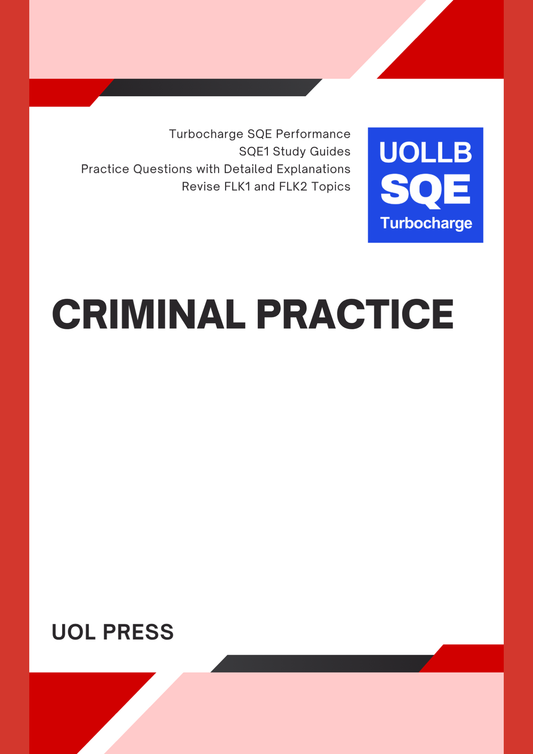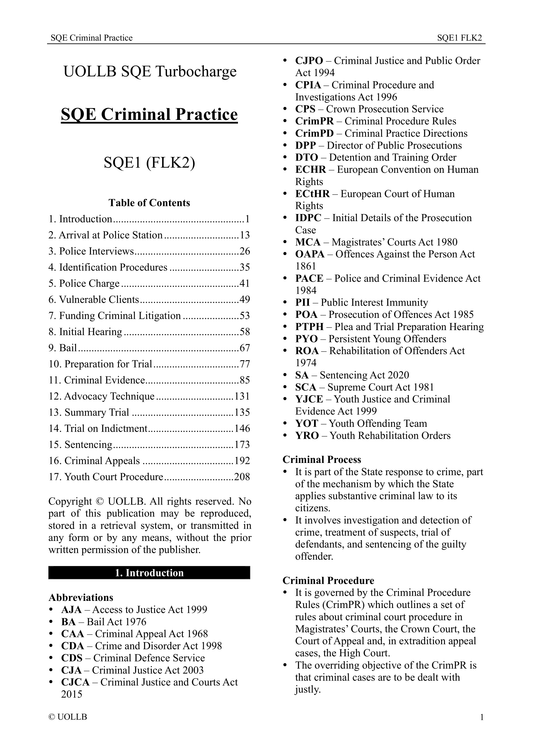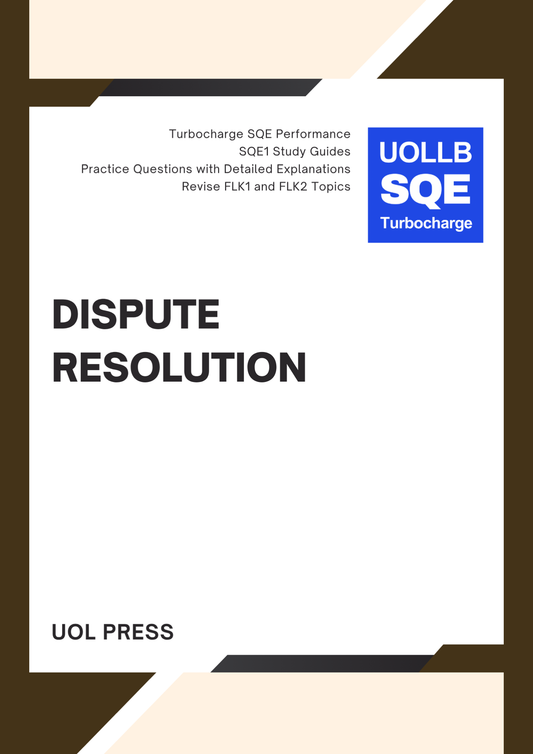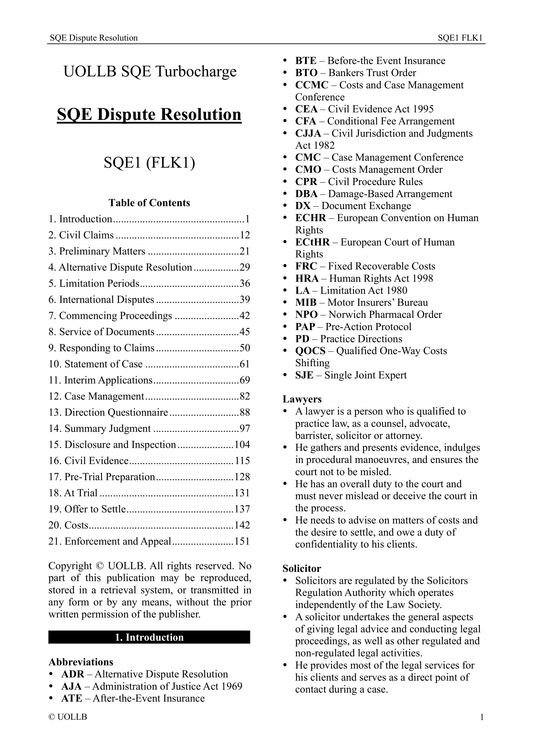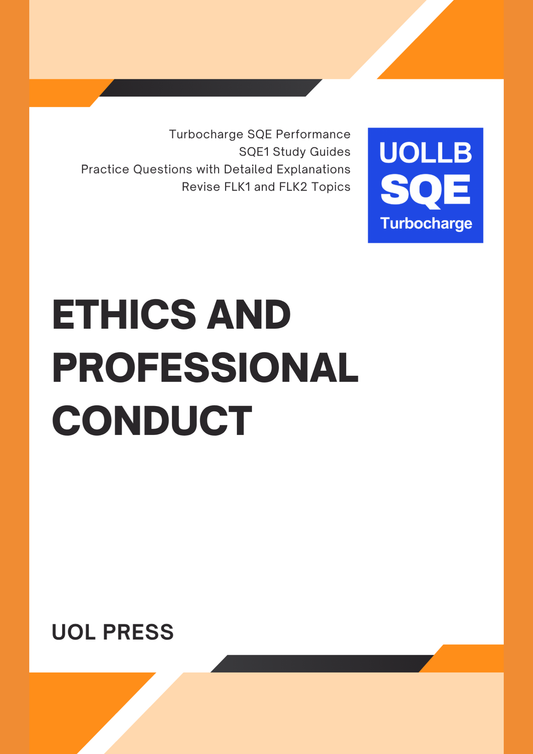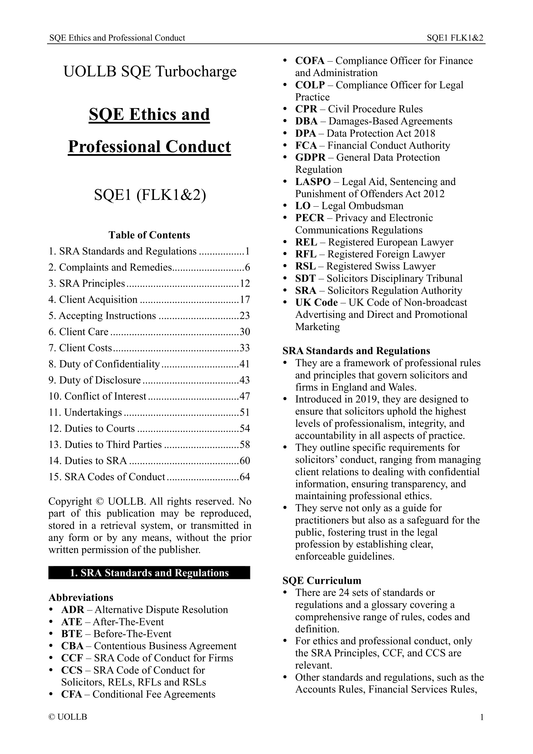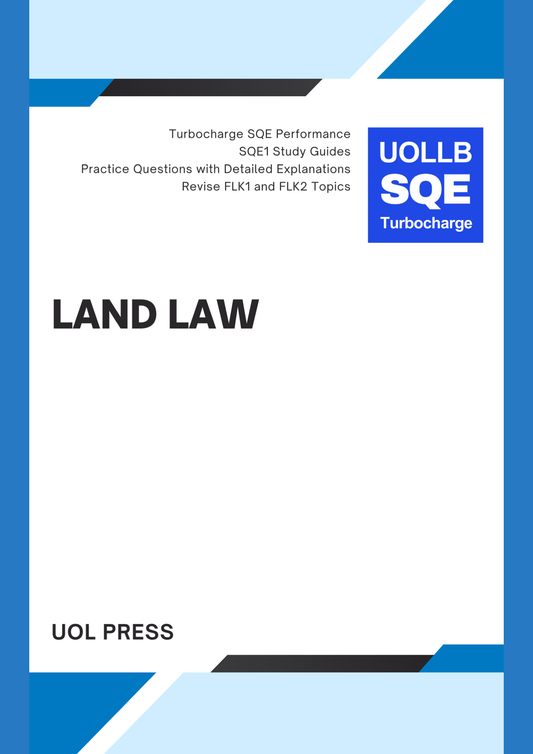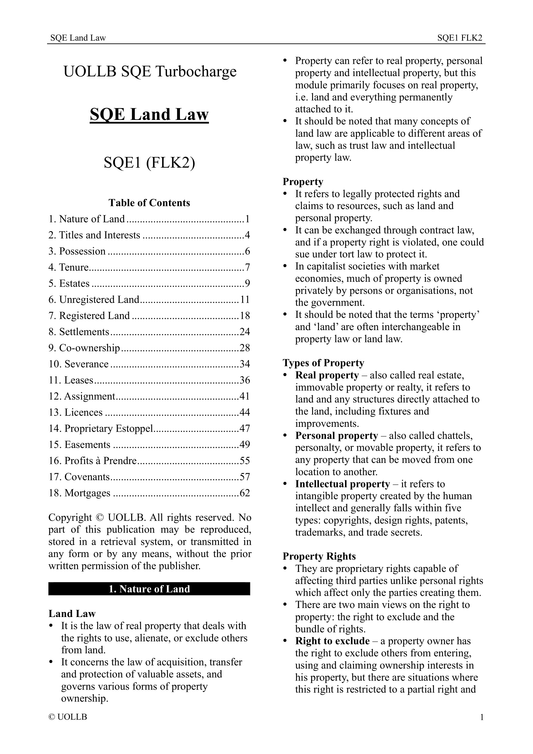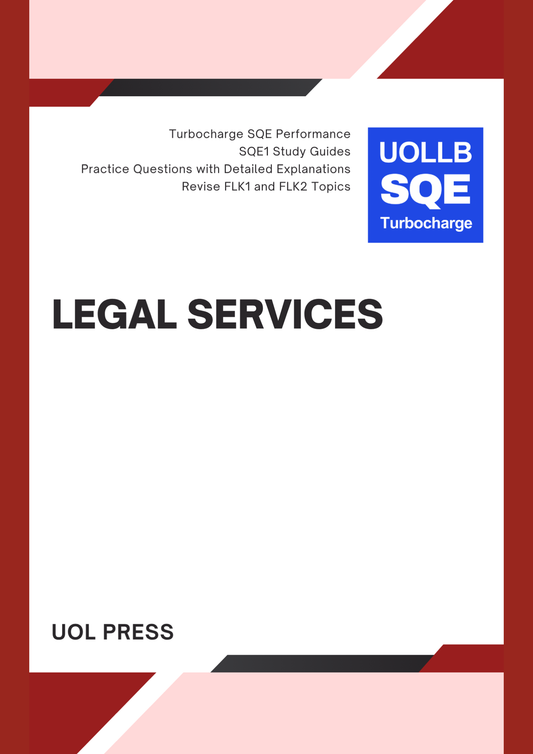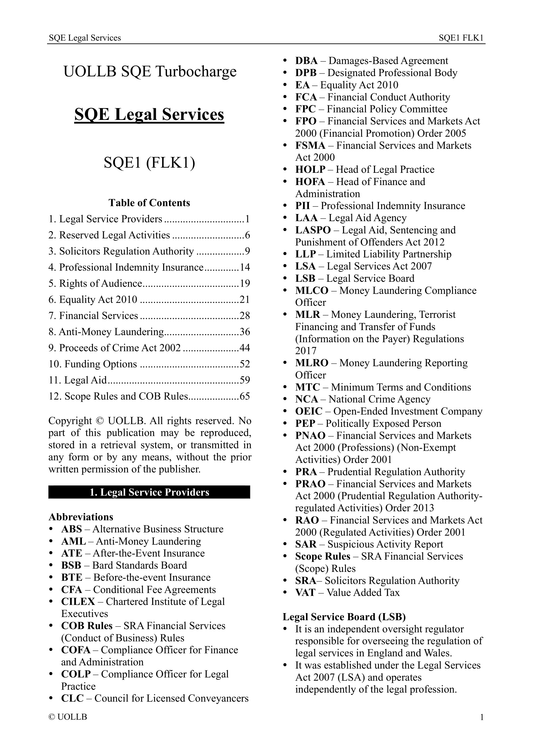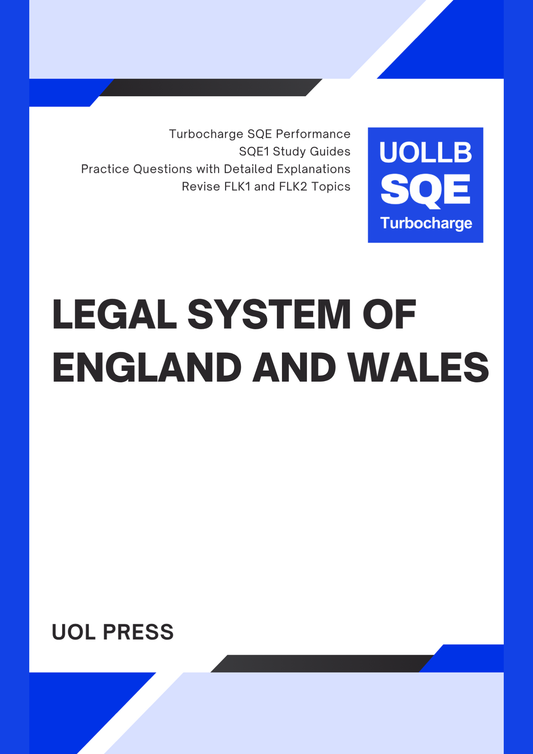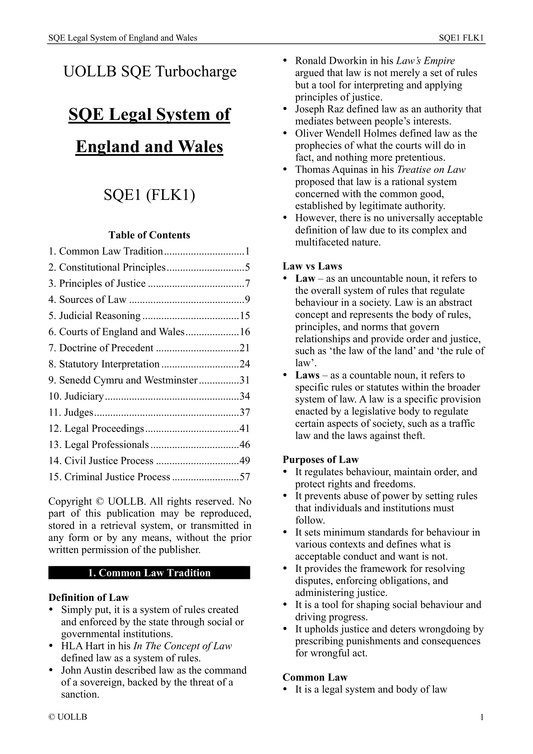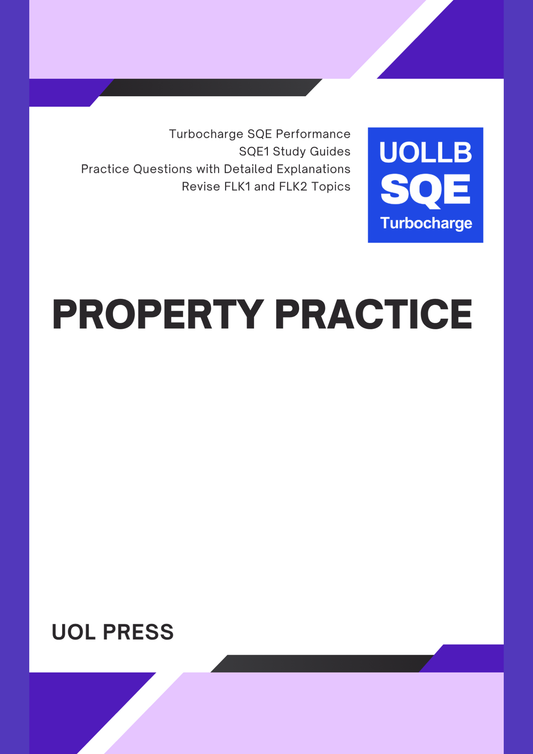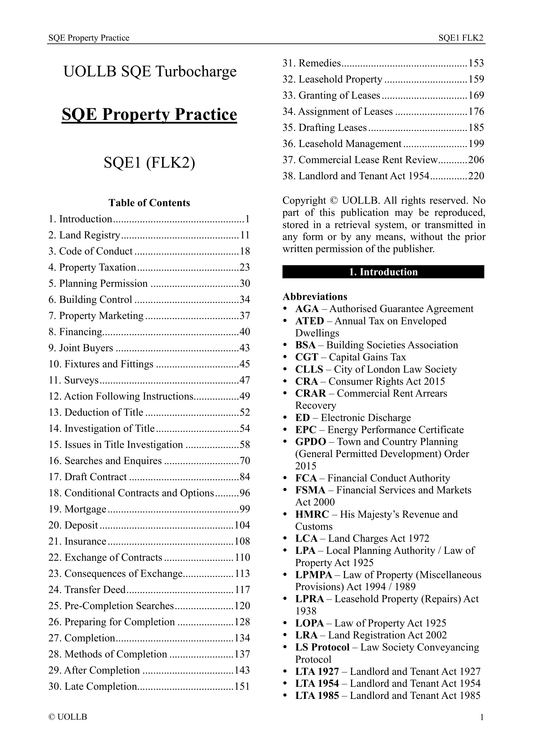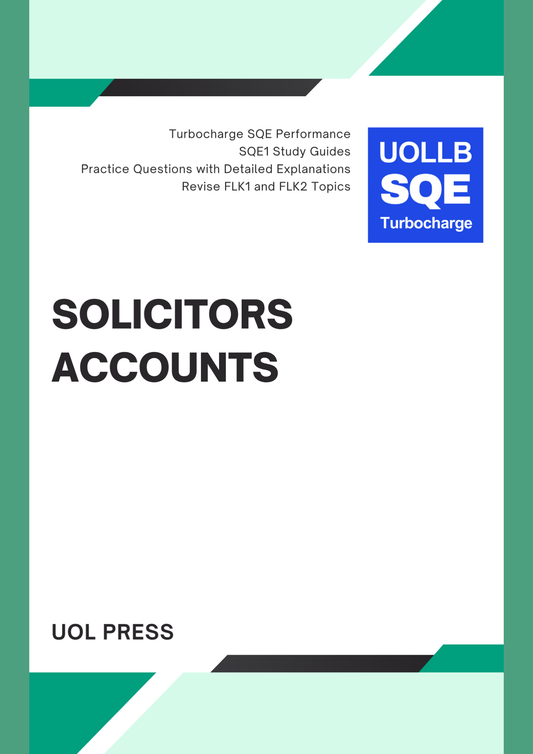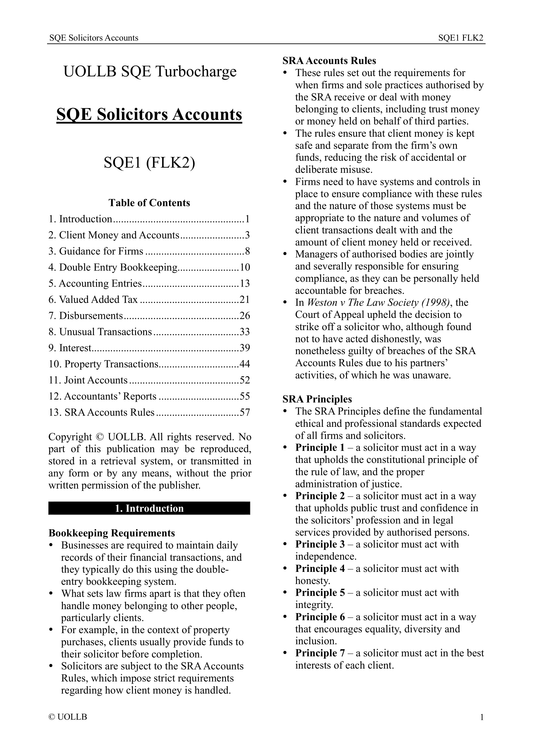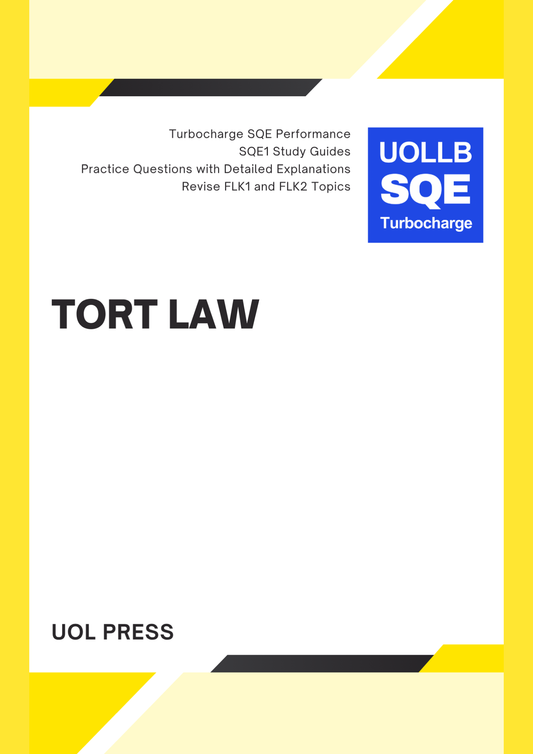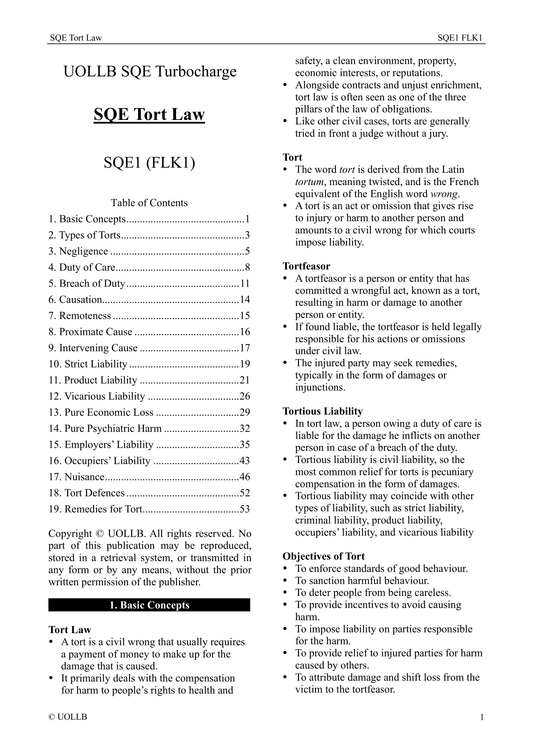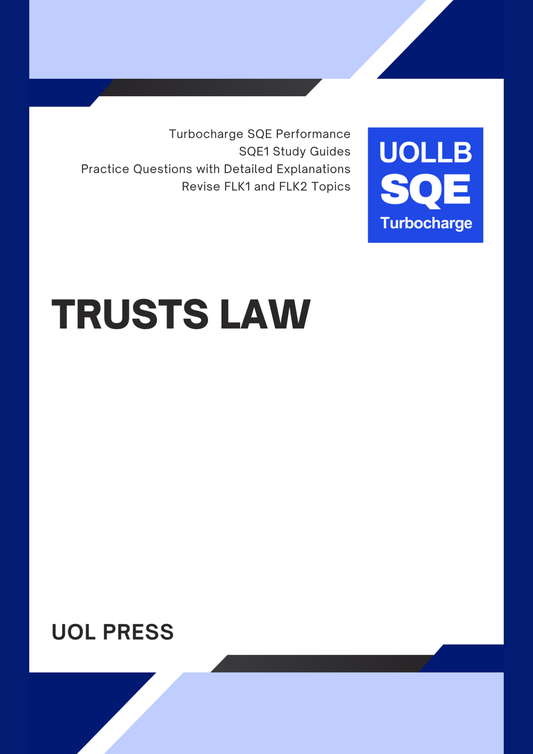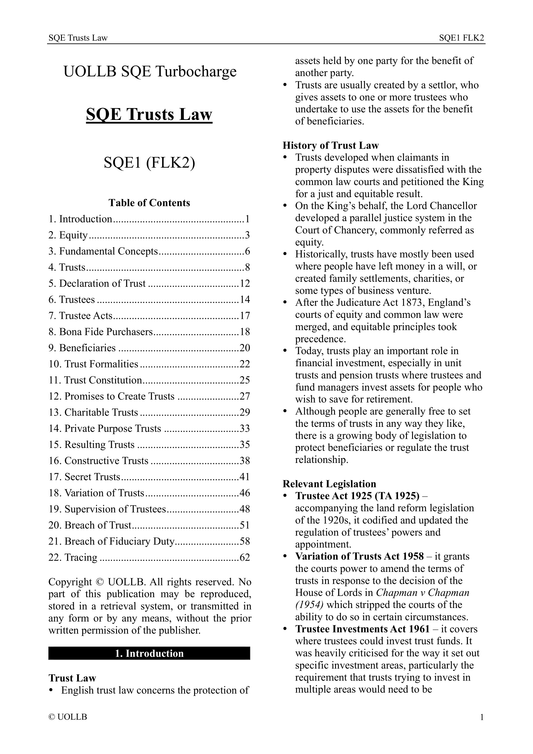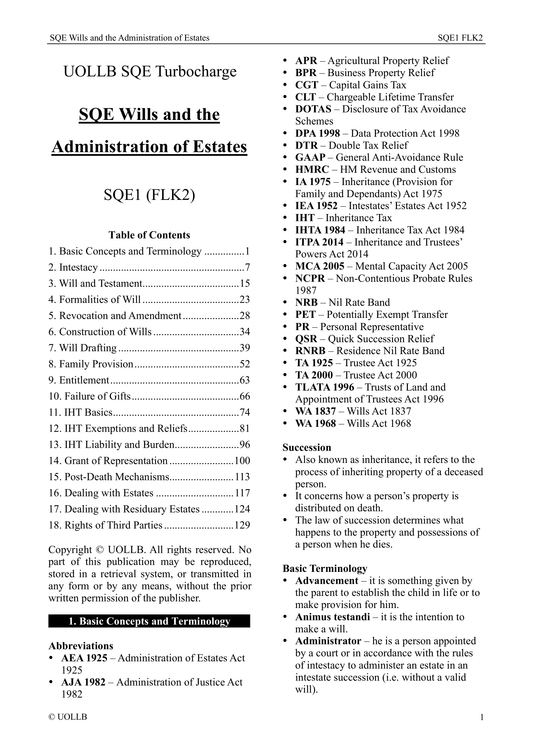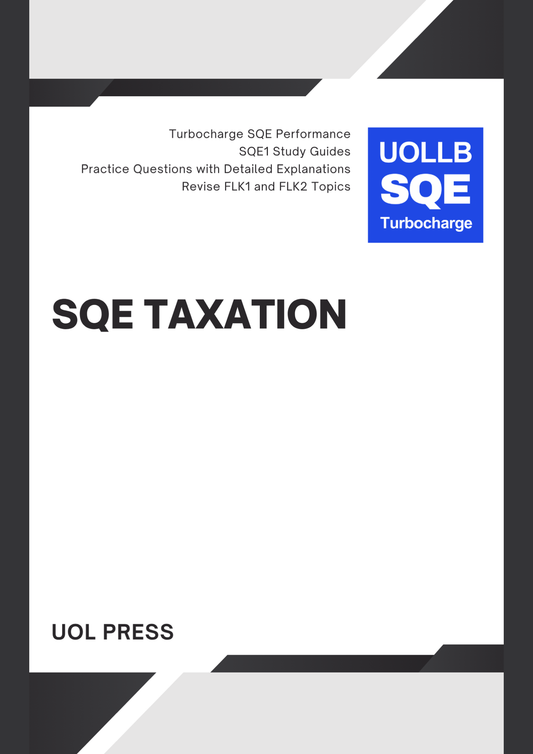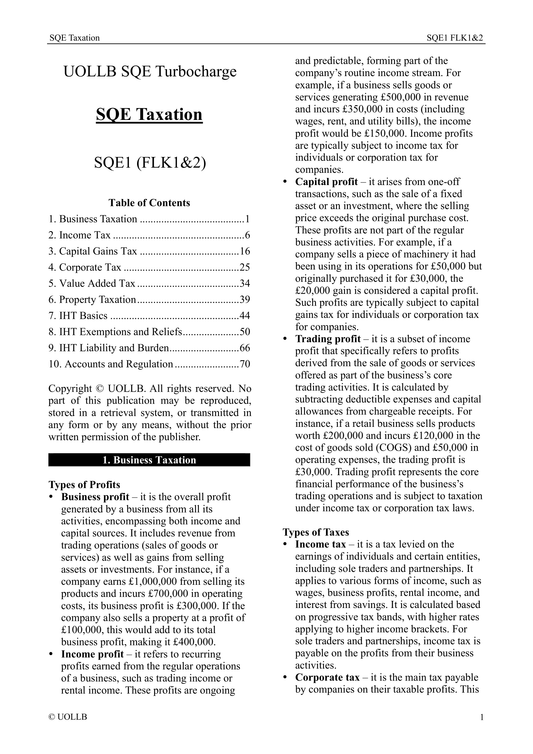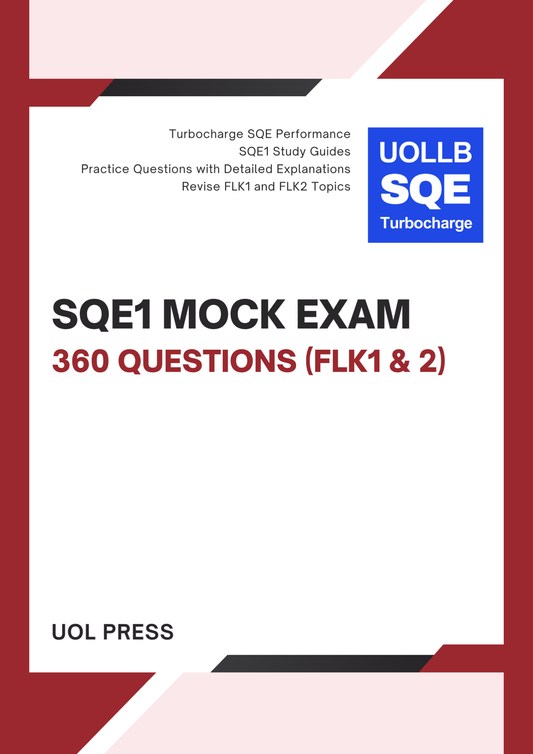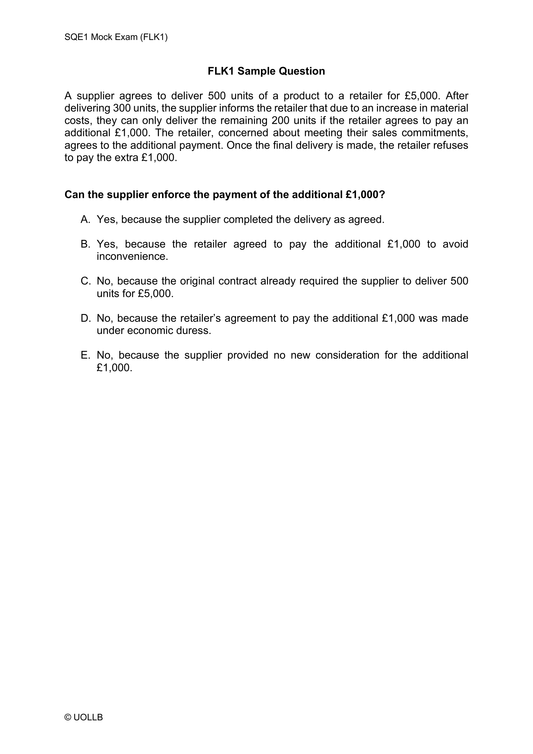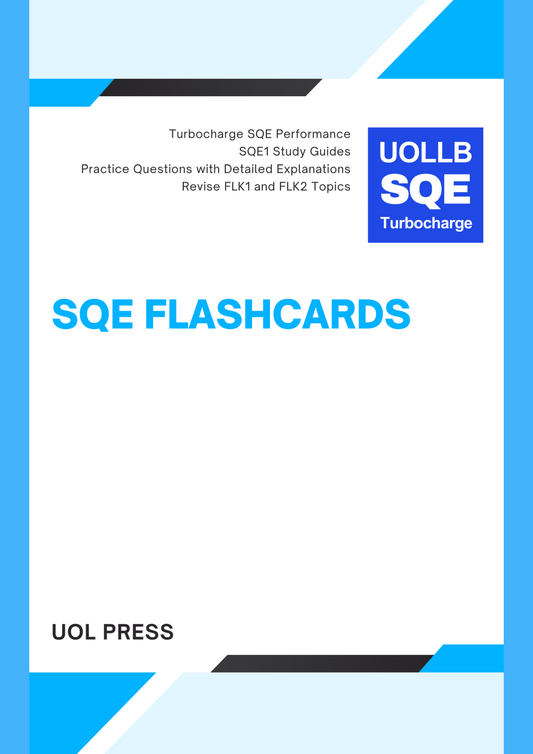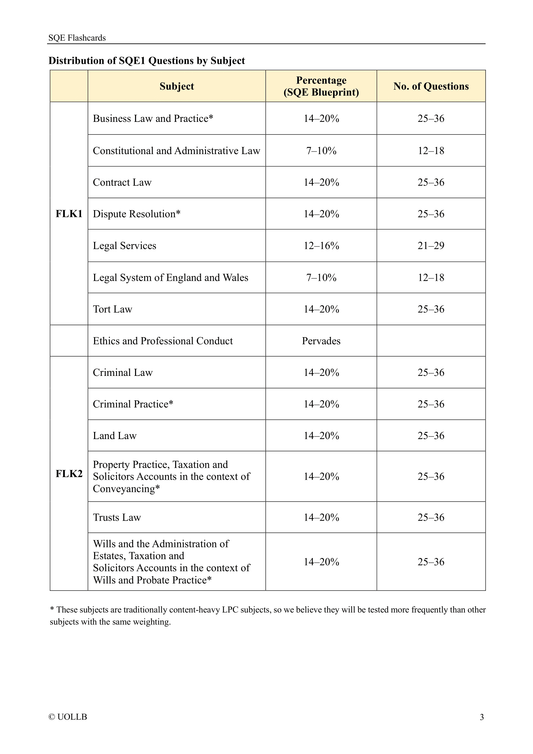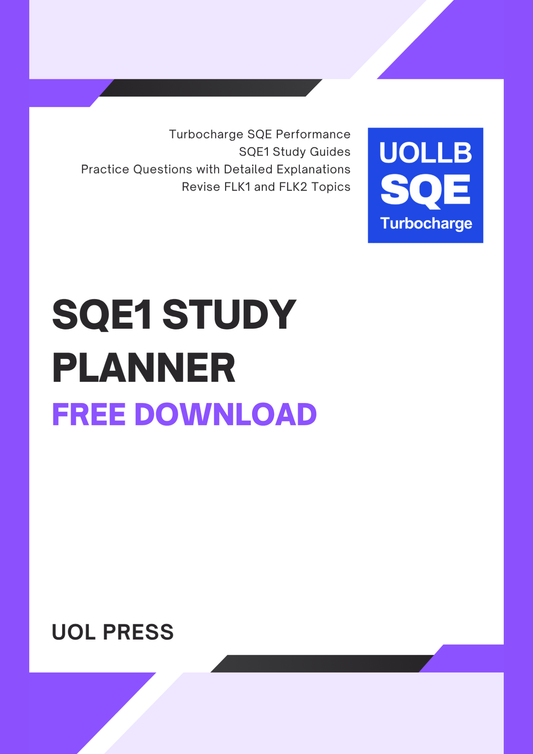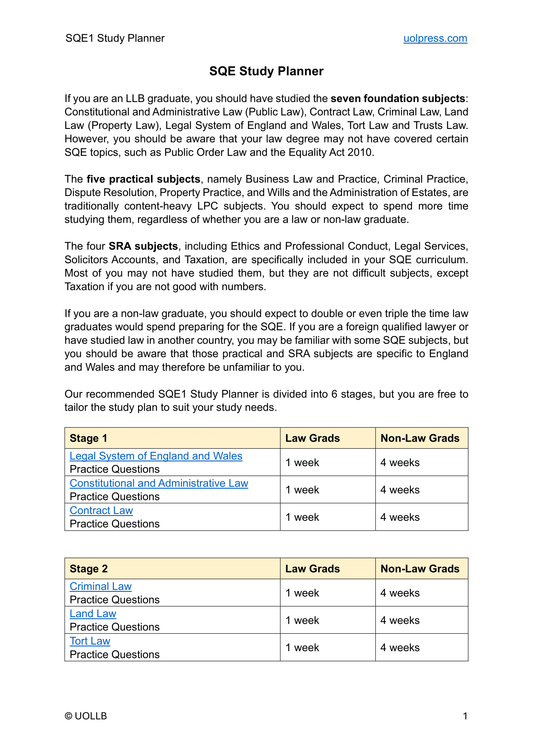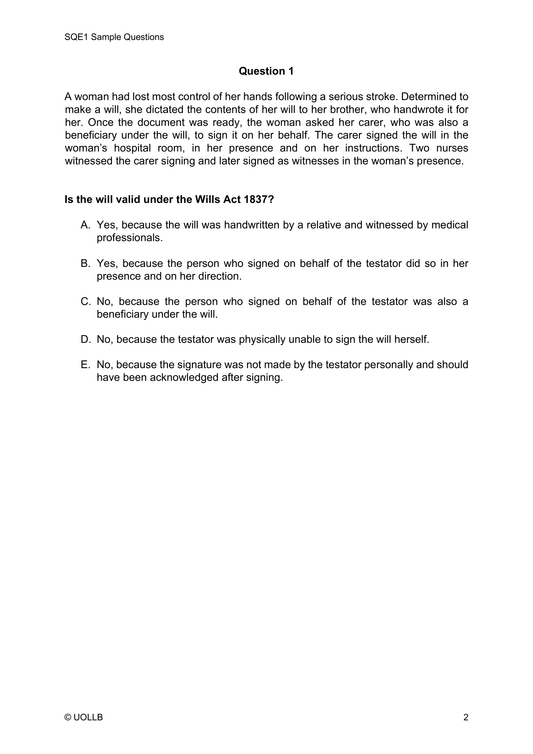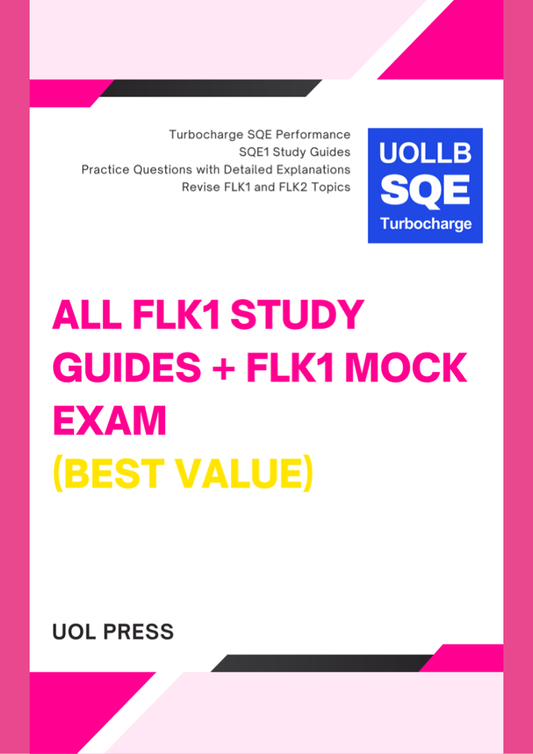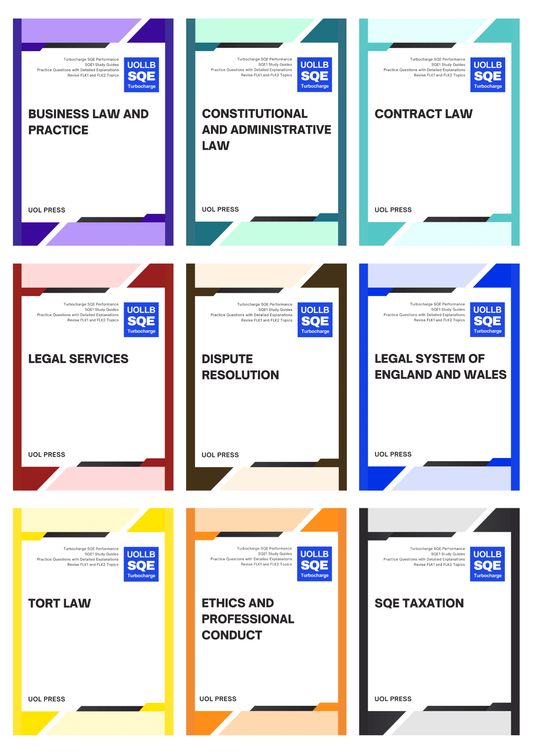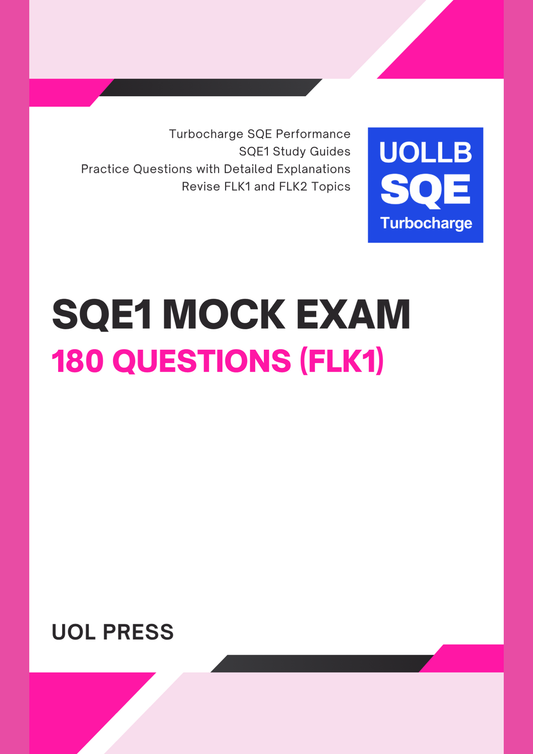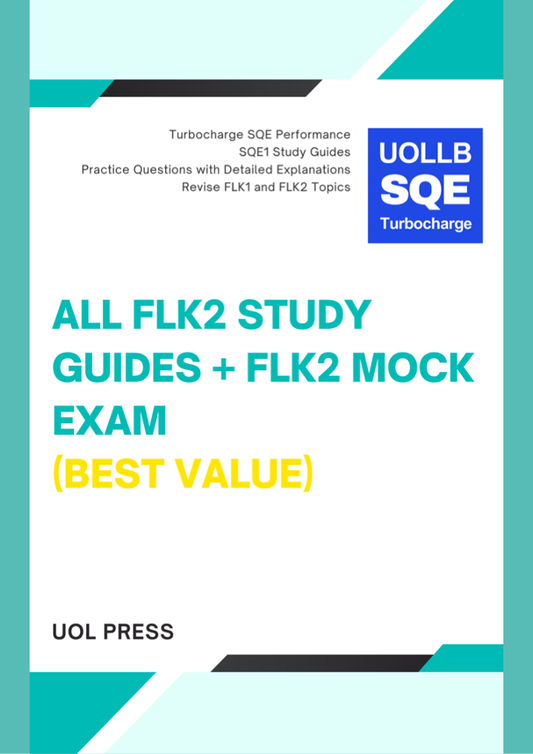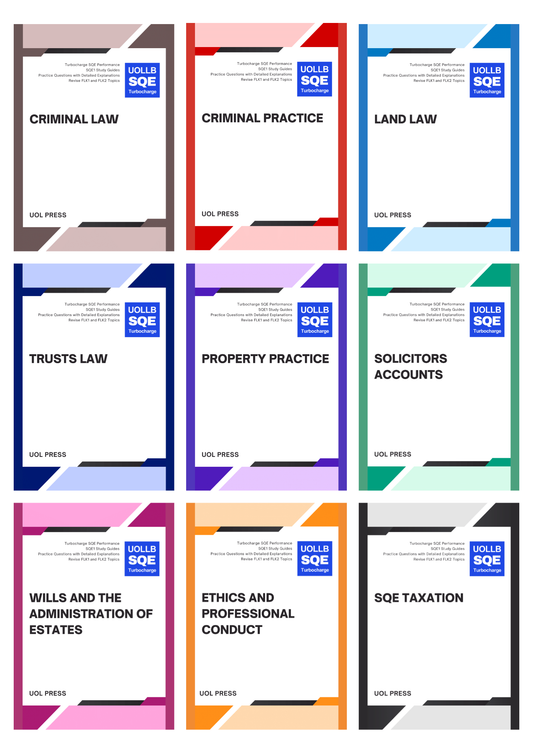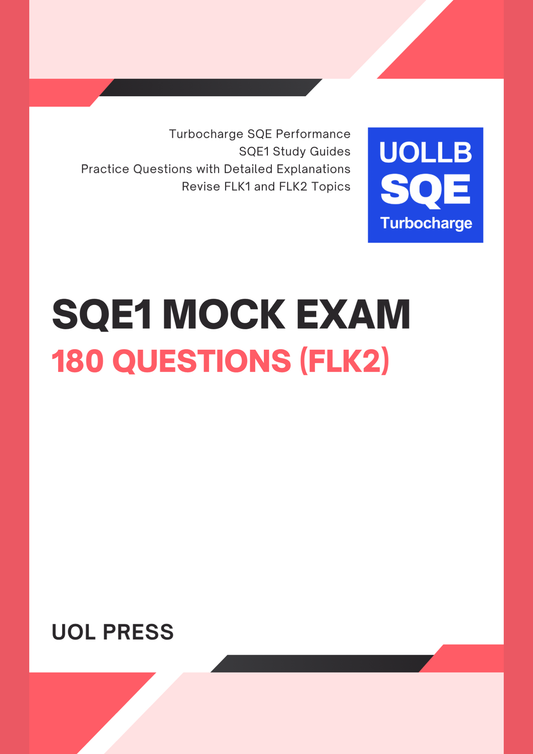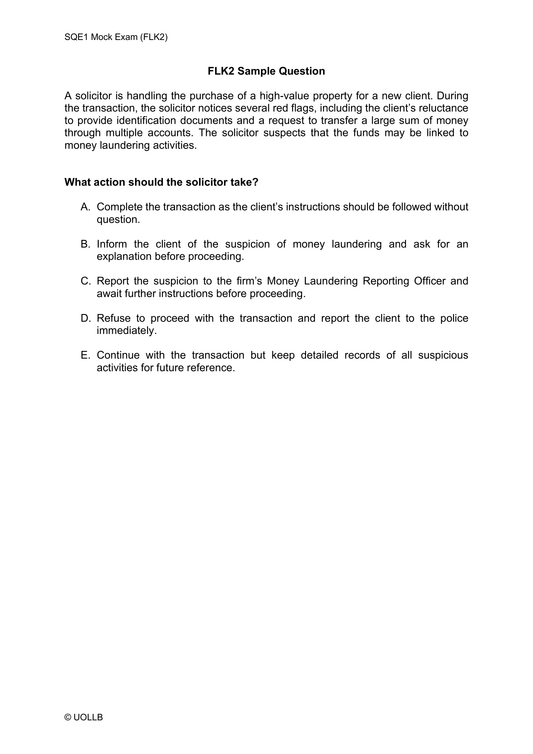Essential Tips for SQE2 Success
Share
The SQE has transformed the route to qualification in England and Wales. Unlike SQE1, which tests functioning legal knowledge through multiple-choice questions, SQE2 is a rigorous, skills-based assessment that demands practical competence, clarity of expression, and sound legal judgment. Preparing for SQE2 requires more than just knowing the law, as it requires mastering the art of applying it in real-world contexts. In this article, we share essential tips to help you prepare effectively and approach SQE2 with confidence.
1. Understand the Format and Assessment Criteria
Success in SQE2 begins with a solid understanding of what the assessment entails. SQE2 tests six core legal skills: client interviewing, advocacy, case and matter analysis, legal research, legal writing, and legal drafting. These are assessed across five areas of law: dispute resolution, property practice, business law, criminal practice, and wills and administration of estates. Each task is time-limited and simulates a realistic solicitor-client scenario. You must demonstrate not only that you know the law, but that you can apply it appropriately, communicate effectively, and uphold professional standards. The SRA assessment criteria, such as clarity, structure, client focus, and legal accuracy, should guide every stage of your preparation.
2. Treat SQE2 as a Practical Legal Job, Not a Law School Exam
A major difference between SQE2 and traditional academic law exams is that you are not writing essays or explaining abstract concepts. Instead, you are performing tasks that a qualified solicitor would carry out in practice. Whether you are drafting a letter to a client or presenting oral submissions to a judge, your assessor is asking: “Would I trust this person to act competently as a solicitor?” To succeed, adopt a professional mindset. Pay attention to tone, formality, and structure. Imagine that you are in a real legal workplace and act accordingly. Your writing should be concise, precise, and tailored to the recipient. Your legal advice must be clear and practical, and your advocacy must be courteous, focused, and persuasive.
3. Build Legal Fluency, Not Just Legal Knowledge
In SQE2, knowing the law is not enough as you must apply it fluently under time pressure. For example, in a legal research task, it is not about how much law you know offhand, but how effectively you can find and use relevant sources provided in the exercise. In a client interview, it is not about reciting statutes, but about drawing out key facts and giving digestible advice. To build this fluency, practise each skill repeatedly using realistic scenarios. Focus on time management and learn how to spot key issues quickly. Work on your ability to explain complex legal matters in simple terms. Develop confidence in structuring your responses logically and supporting your advice with sound reasoning. This type of fluency is what SQE2 examiners are looking for.
4. Develop a Systematic Approach for Each Skill
Every task in SQE2 has a standard structure and expectation. For example, a successful client interview has a clear opening, fact-gathering phase, advice section, and conclusion. Legal drafting requires clarity, brevity, correct formatting, and legal accuracy. Advocacy demands respectful courtroom manner, structured submissions, and the ability to deal with judicial interventions. You should therefore develop and practise a repeatable structure for each skill. This will help you stay calm and focused under time constraints. Using templates or checklists during practice can be extremely useful, but make sure you do not sound robotic. The key is to balance structure with flexibility and legal judgment.
5. Simulate Exam Conditions Often
Practice under timed, exam-like conditions is one of the most powerful ways to prepare. Unlike SQE1, where you can guess multiple-choice answers, SQE2 gives you nowhere to hide. You must perform live (in the oral assessments) or produce a complete written task in a limited time, often with multiple documents and issues to manage. The more you simulate these pressures during your preparation, the more confident and composed you will be on exam day. Record yourself during mock interviews. Deliver advocacy submissions aloud in front of a mirror or peer. Write emails or reports in one sitting with no backspacing. These habits train your mind to perform under pressure and reduce exam-day anxiety.
6. Focus on Client-Centred Advice
The SRA puts a strong emphasis on client-focused advice, requiring you to take into account what the client wants to achieve, the commercial and personal context, and the likely impact of different legal options. You must show empathy, clarity, and practical judgment. Therefore, you should not simply explain what the law says. Frame your advice in terms of what it means for the client. Are there risks? Costs? Alternative options? Ethical issues? Show that you understand the client’s perspective and are committed to helping them make informed decisions. This is not just good exam technique but is what great lawyers do in practice.
7. Practice Ethical and Professional Judgment
Every SQE2 task may contain hidden ethical and professional conduct issues, such as conflicts of interest, confidentiality, dishonesty, or failures in client care. You are expected to spot these issues and deal with them appropriately. Therefore, you should familiarise yourself with the SRA Principles, Code of Conduct, and common professional dilemmas. When an issue arises, do not ignore it. Acknowledge it clearly and show how you would act in accordance with your obligations as a solicitor. This aspect of the exam tests your integrity and professional maturity, both of which are essential for qualification.
8. Get Feedback and Learn from Mistakes
Finally, preparation is not just about doing more tasks but also about improving each time. If possible, get feedback from tutors, peers, or qualified solicitors. Compare your answers with model answers and marking criteria. Reflect on what worked, what did not, and how you can do better. You are advised to keep a personal log of errors, tips, and improvements for each skill. Over time, you will see patterns and make meaningful progress. The goal is not perfection but consistency and steady improvement until your performance meets the standard of competence expected of a newly qualified solicitor.
In conclusion, the SQE2 is more demanding than SQE1 but is entirely manageable with the right preparation. If you can focus on skill-building, professionalism, and client-centred application of law, you will develop the confidence that comes from true competence. Remember, this is not just an exam but also your chance to prove you are ready for the responsibilities of legal practice. At UOLLM, we are here to support you with expertly designed materials, practical strategies, and a student-focused learning environment.
